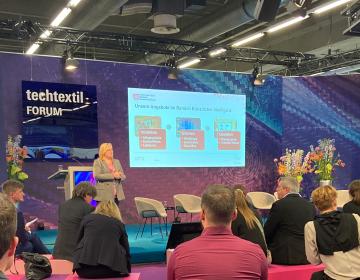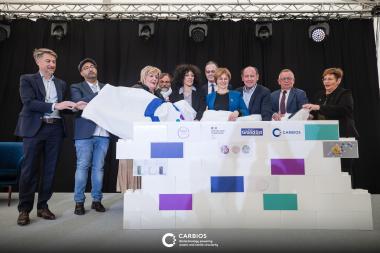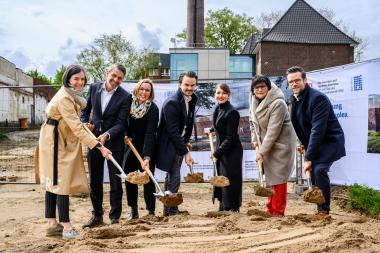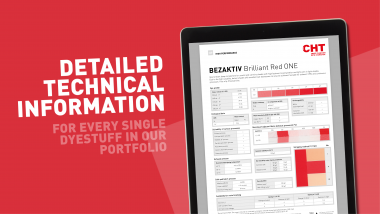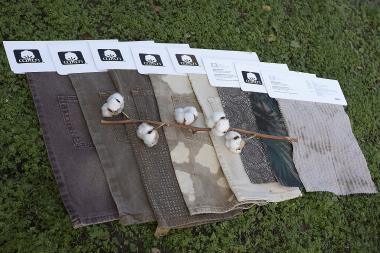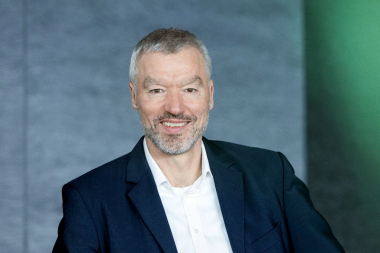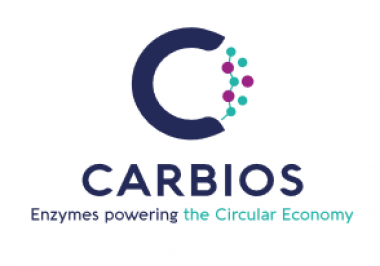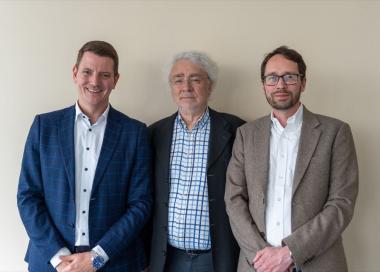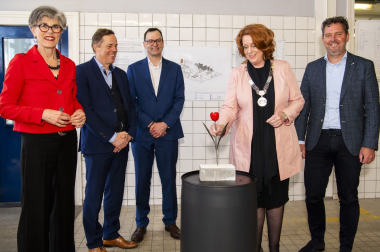Mittelstand-Digital: Orientierung beim Thema Künstliche Intelligenz
Immer mehr Daten, vernetzte Systeme und kreative Ideen lassen immer neue technologische Anwendungen in immer kürzerer Zeit entstehen, die auf künstlicher Intelligenz beruhen. Das Mittelstand-Digital Zentrum Smarte Kreisläufe begleitet mittelständische Unternehmen seit über einem Jahr bei der Einführung und Umsetzung von KI-Strategien. Wie KI im Unternehmen zum Einsatz kommen kann, haben die Gäste der Veranstaltung „KI-Readiness: Mit Intelligenz zu mehr Effizienz“ im Rahmen der Messe Techtextil in Frankfurt am Main am 25. April erleben können.
Nicht nur große, sondern auch kleine und mittlere Unternehmen können von den positiven Effekten durch KI profitieren und mit intelligenten Assistenzsystemen, Smart Data-Analysen, AI-Chatbots oder intelligenten Produkten und Services neben der Produktion auch die Bereiche Einkauf und Beschaffung, Logistik oder Marketing effizienter aufstellen.
Das Mittelstand-Digital Zentrum stellte in Frankfurt konkrete KI-Anwendungsfälle vor und zeigte, wie Daten im Betrieb verfügbar gemacht und ihre Nutzung sichergestellt werden kann. „Unternehmen und ihre Beschäftigten können sich von unseren KI-Trainern im Umgang mit innovativen Technologien oder verschiedenen KI-Methoden schulen lassen. In unseren Schaufenstern in Aachen, Chemnitz und Denkendorf können Interessierte zudem KI im Einsatz erleben“, umschreibt Anja Merker, Geschäftsführerin des Zentrums, das Angebotsspektrum.
Welche Impulse es braucht, um Innovationen in Unternehmen einzuführen und wer die Impulsgeber für die digitale Transformation in Unternehmen sind, diskutierten in Frankfurt der Unternehmer Axel Pieper von Brückner Trockentechnik GmbH & Co. KG, Thomas Fischer von den Deutschen Instituten für Textil- und Faserforschung gemeinsam mit Stefan Hauser vom Münchner Start-up Brakeable sowie Mareike Giebeler, verantwortlich für Digitale Innovationen, Start-ups und Nachhaltigkeit beim Mittelstand-Digital Zentrum Smarte Kreisläufe. Das Fazit der Gesprächsrunde: Künstliche Intelligenz in die Digitalstrategie des Unternehmens aufnehmen, durch die Kooperation mit Start-ups zusätzliche Innovationskraft ins Haus holen und den Austausch mit Gleichgesinnten suchen.
Gesamtverband textil+mode


